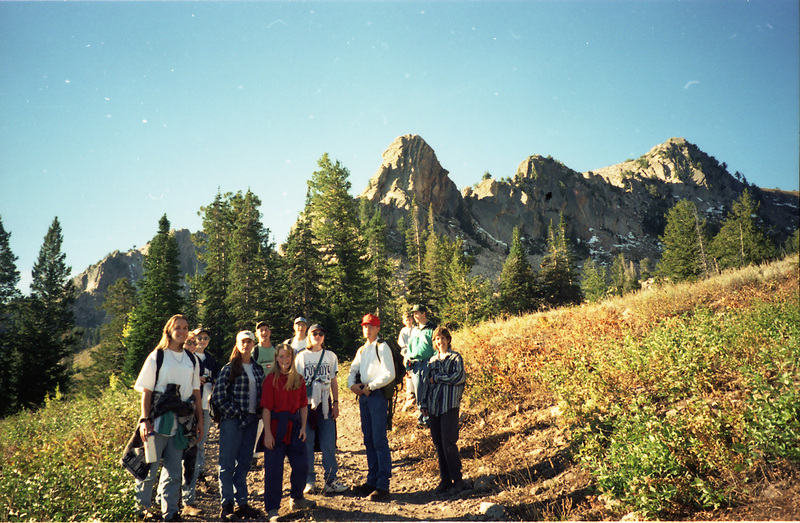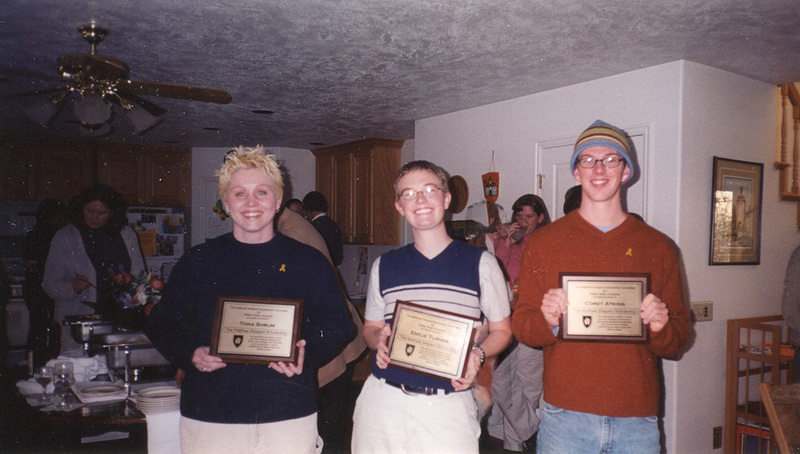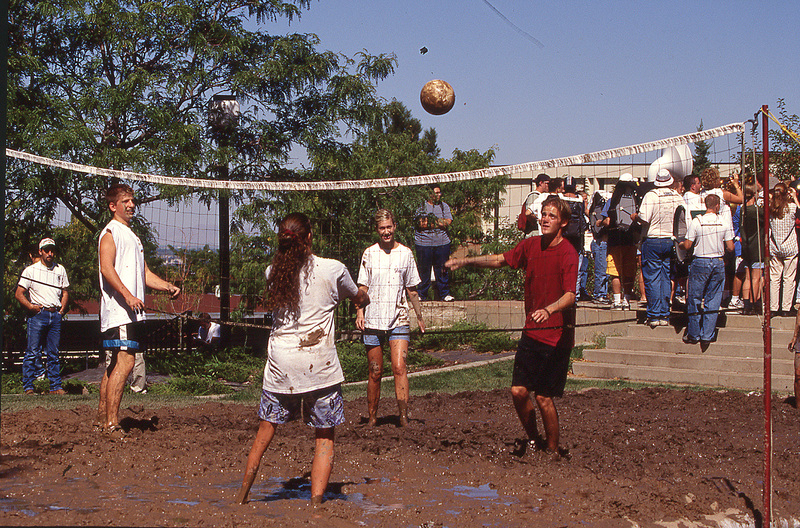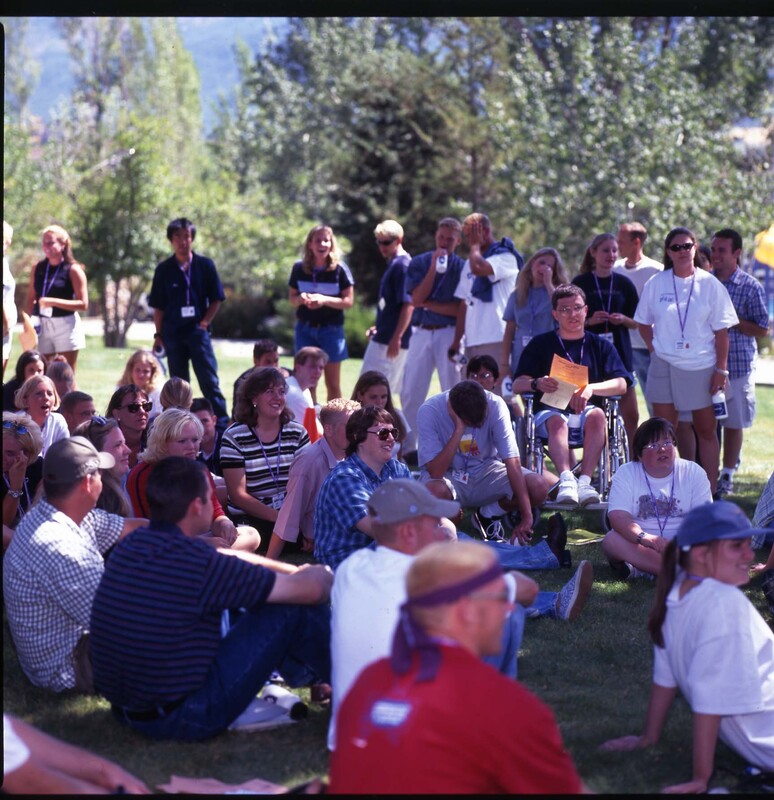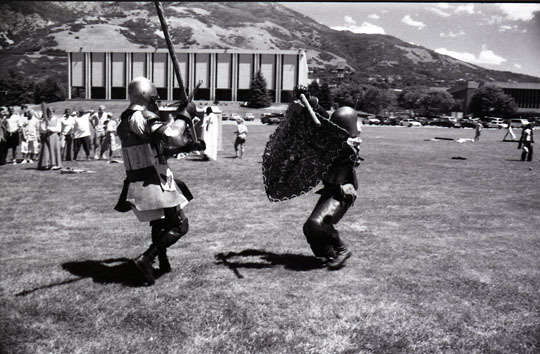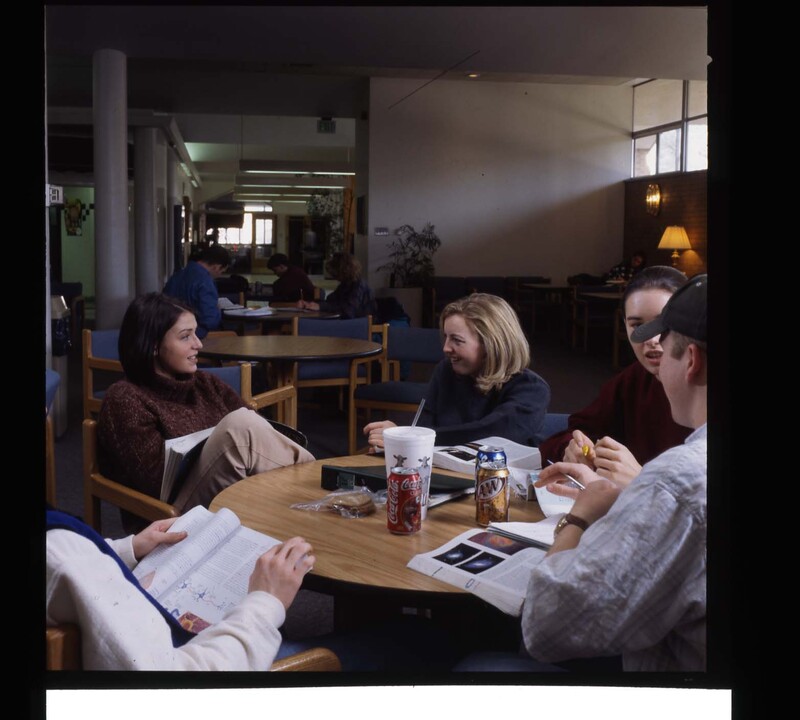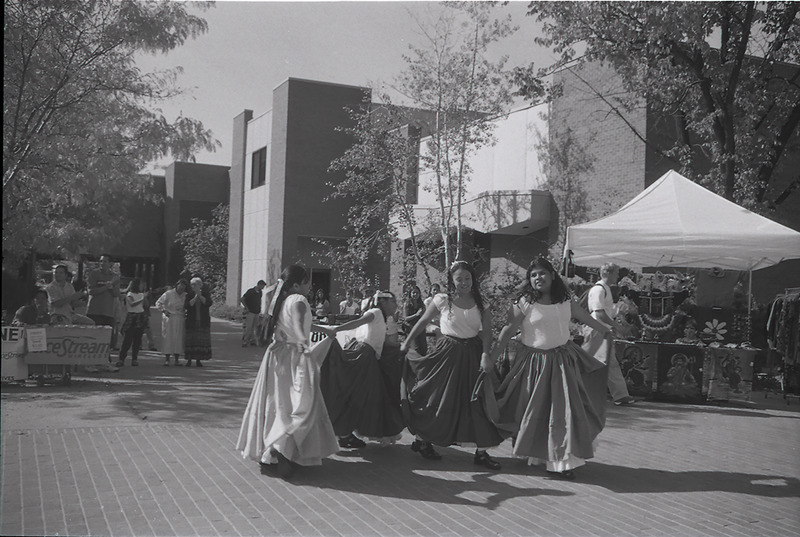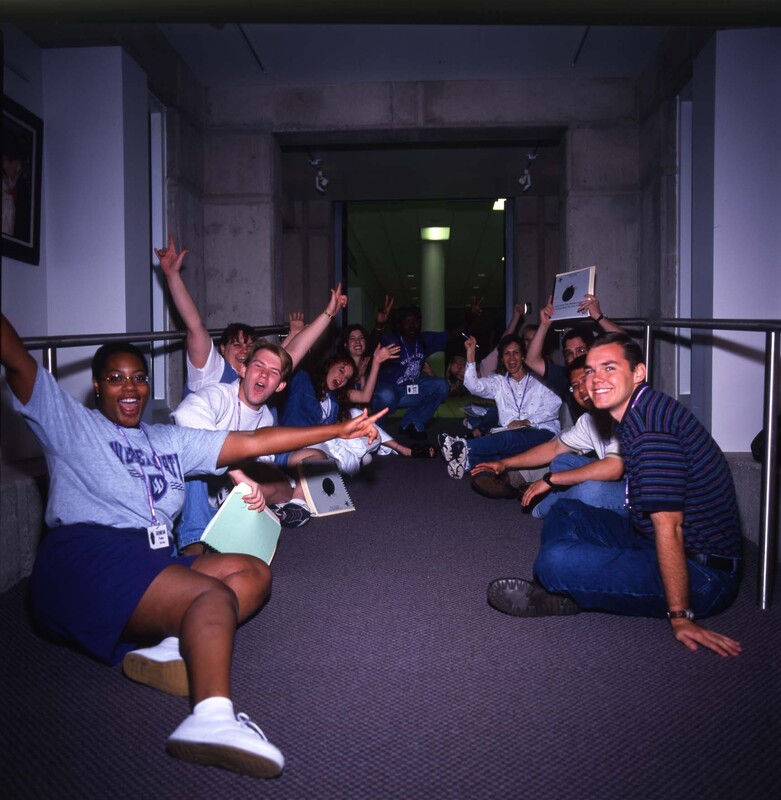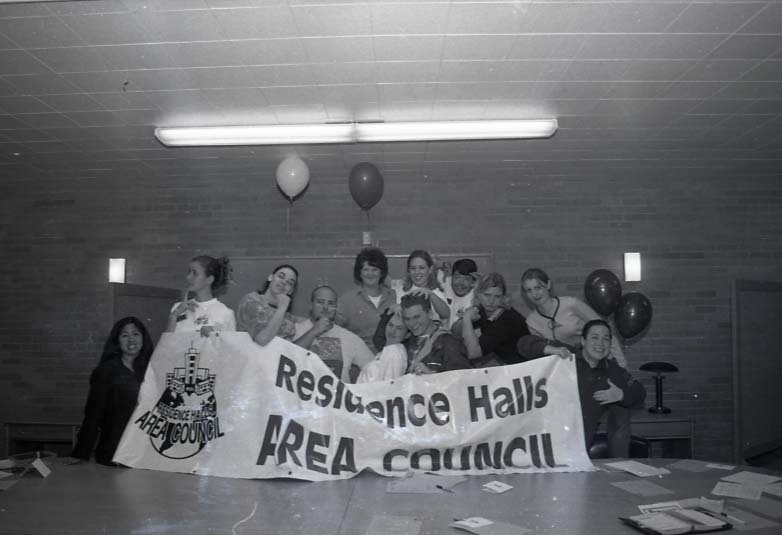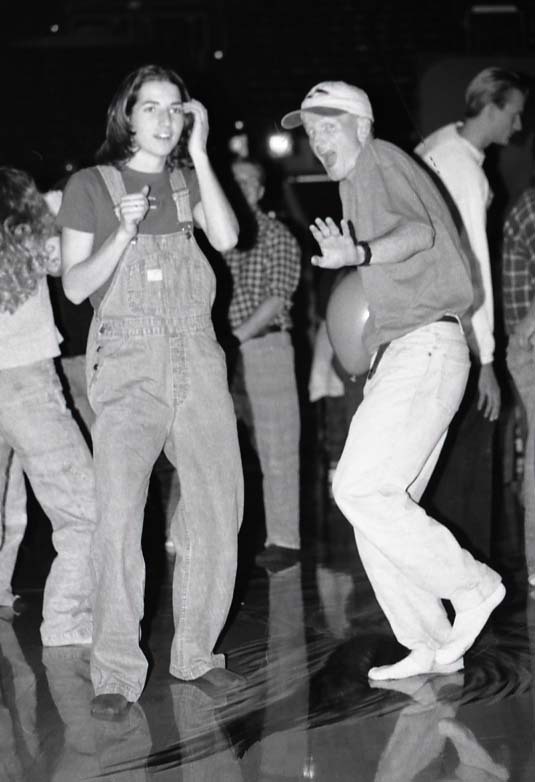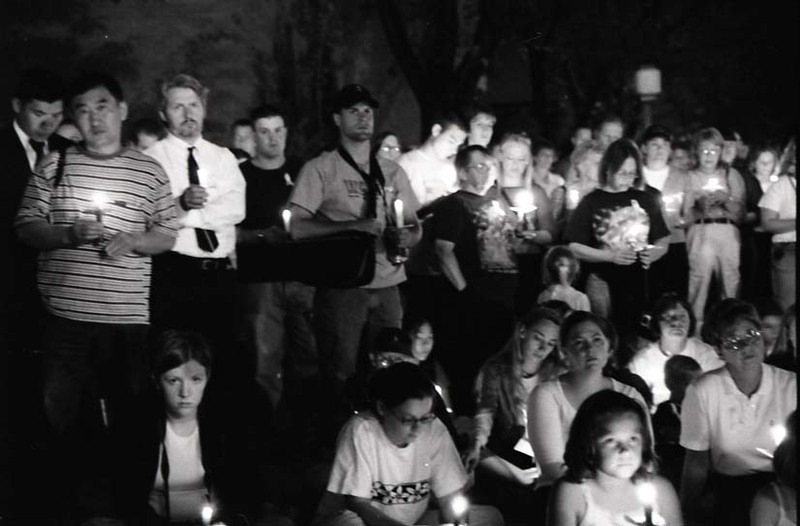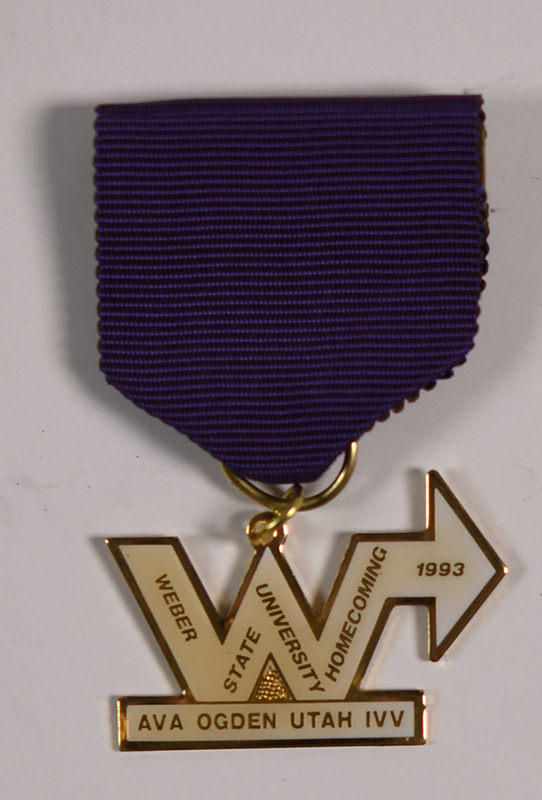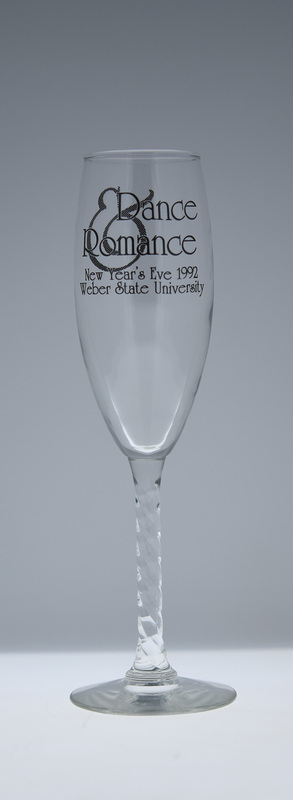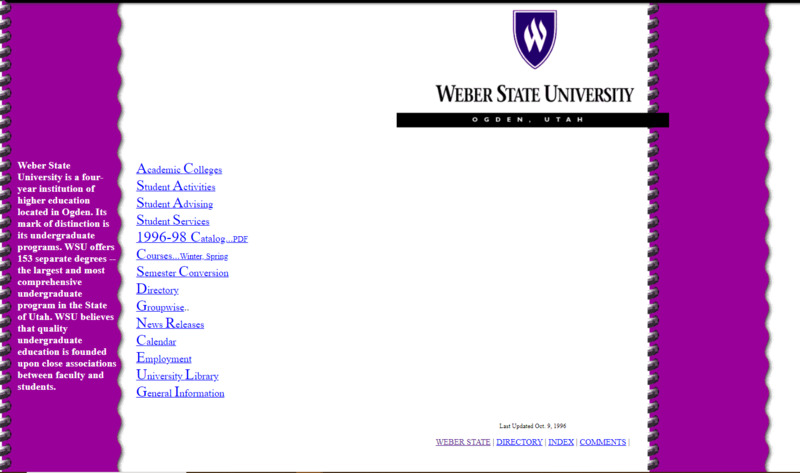1992-2001
The time period of 1992 to 2001 is marked with drastic changes to student life because of the development of technology. In 1992, a new student I.D system was implemented that integrated a magnetic strip into the card. This allowed the student I.D. number to be associated with a students account and developed the student I.D model that is still used today. Other technological changes that affected student life revolve around registration. Starting in 1993, WSU adopted the STARS system which allowed students to register by phone. In 1997, students could attend courses online. Weber launched its first website in 1998, and in 1999, students could register for classes online.
As Weber State was adjusting to the prestige of being a University several changes occurred. In 1998, after years of debate Weber changed from the quarter system, to the semester system. With this change came much concern from students about loosing credit and programs taking longer to complete. So, to help ease the transition a formula was created to help convert credit hours, three quarter credits would equal two semester credits. In 1993, Weber started to use the ACT and an index score to guide admissions. Students with an index score of 95 were automatically accepted. Students below 80 were automatically declined, and students in between 80 and 95 would be reviewed for acceptance.
During this decade Weber State started to grow and expand. In 1993, the first Davis campus location opened at 1992 W. 2000 N. Layton, UT. Before this building opened students taking courses in the Davis County area attended courses at Hill Airforce base. In 1996, the Student Services building was dedicated. This building put 36 different student services from 10 buildings into one convenient spot for students.
Students at Weber State also got to enjoy new opportunities. In 1996, Weber State was selected to participate in a pilot reservation program with Delta Airlines. Through this program the first floor of Promontory Tower was converted into a call center and students were hired as customer representative. Throughout the semester students could earn up to 6 travel passes with Delta Airlines. Weber State students also built Weber’s third satellite in 1994. WSU CAST was designed to help improve international communication.
Notable events: Matthew Shepard scholarship (first LGBTQ+ scholarship at Weber started in 1998); Weber started building the ice rink for the Olympics; Metallic performs at Dee Events Center (1998); Candlelight vigil and donation drive hosted in response of 9/11 (2001).
